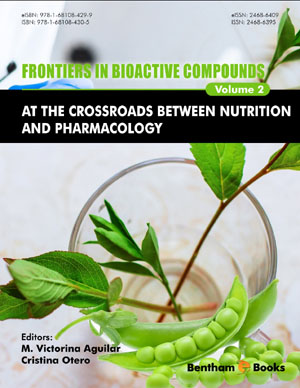Abstract
Advancements in molecular biology and the advent of high-throughput technologies for characterization of biological processes across multiple biological scales from cells and tissues to the whole organism have provided exciting opportunities to investigate and evaluate the influence of foods and their bioactive ingredients on the human health and disease. These advances, mainly developed by pharmaceutical stakeholders, are going to transform the way nutrition is addressed in relation to human health by the nutraceutical industry. Consumers now demand healthier food products and regulatory agencies have raised the bars for approval of health claims associated with functional foods. To tackle these issues, a knowledgebased, integrated systems biology strategy is required for successful production of functional foods, which can be adopted from experiences of pharmaceutical industry in this area. This strategy benefits from integrative mechanistic modeling of health and disease processes, which can support the process of health claim substantiation for bioactive food ingredients in new product development. Currently, there are thousands of natural compounds or functional food ingredients whose mode-of-action and their final impact on the human health or disease are unknown. Thus, identification of biological targets for thousands of bioactive compounds in food and their mode-ofaction in the human body is of high priority. This chapter discusses how fundamentals of systems biology and in silico target identification, as is done in the pharmaceutical industry, can be applied to the field of nutrition in support of developing novel functional foods. The author foresees that identification of mechanistic targets for bioactive compounds extracted from foods and natural resources, and explanations for their pharmacological mode-of-action will play a crucial role in the future of healthcare and preventive medicine.
Keywords: Functional food, Integrated systems-based strategy, Systems biology, Target identification.






















